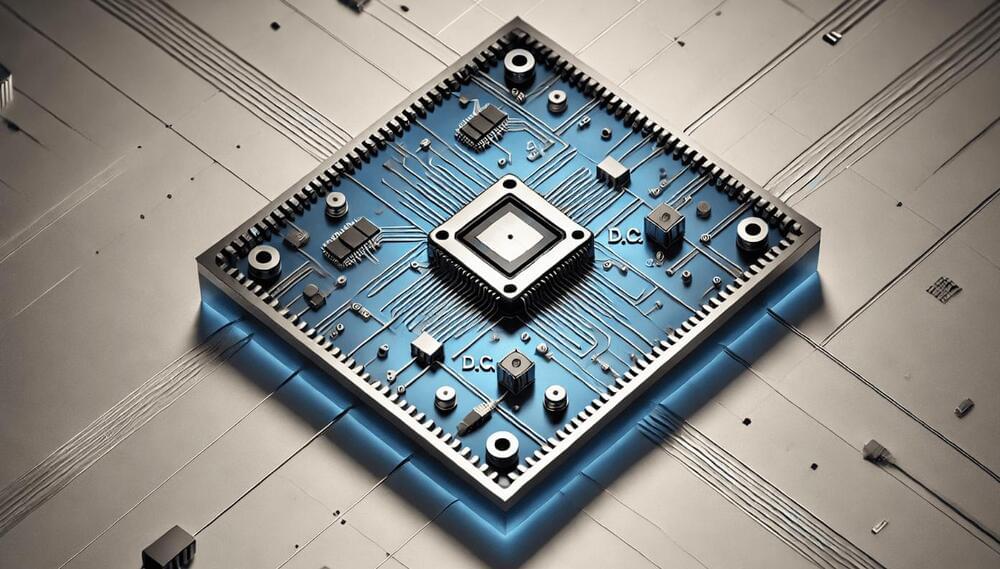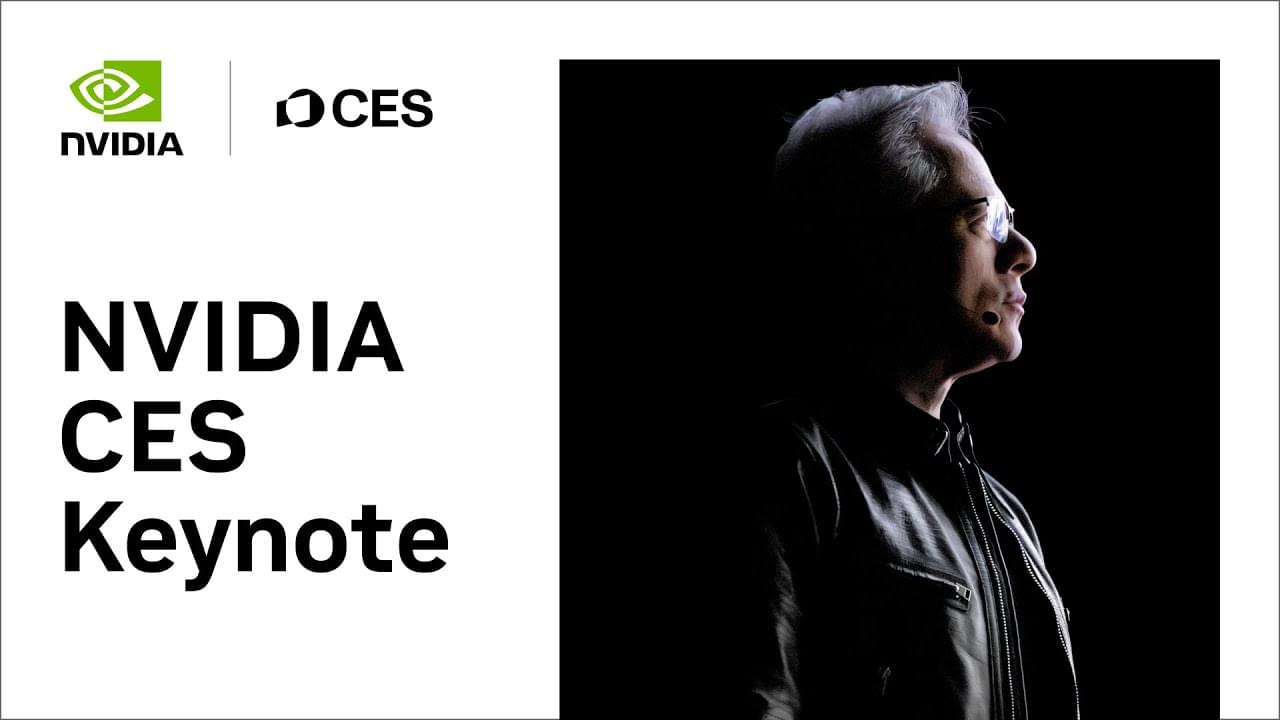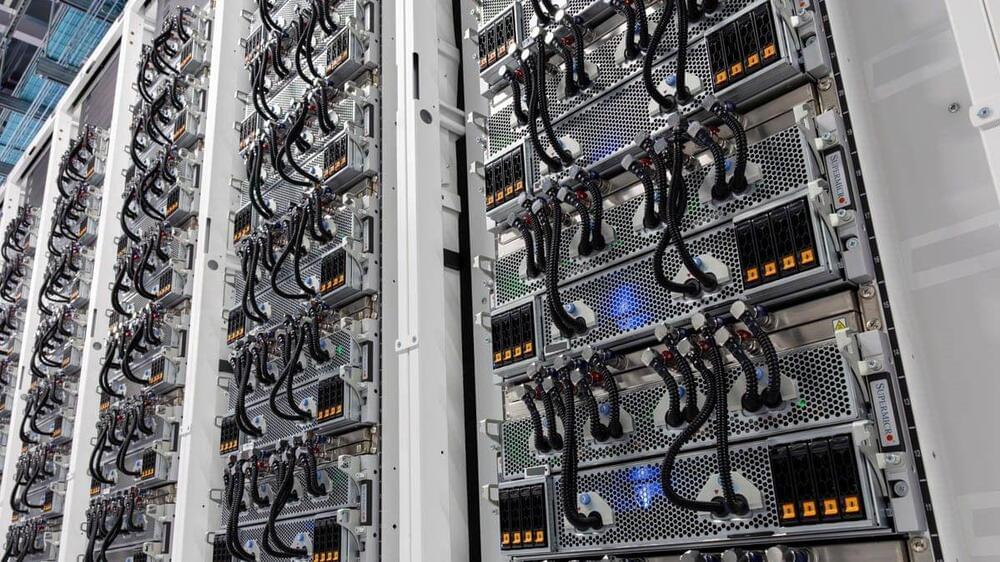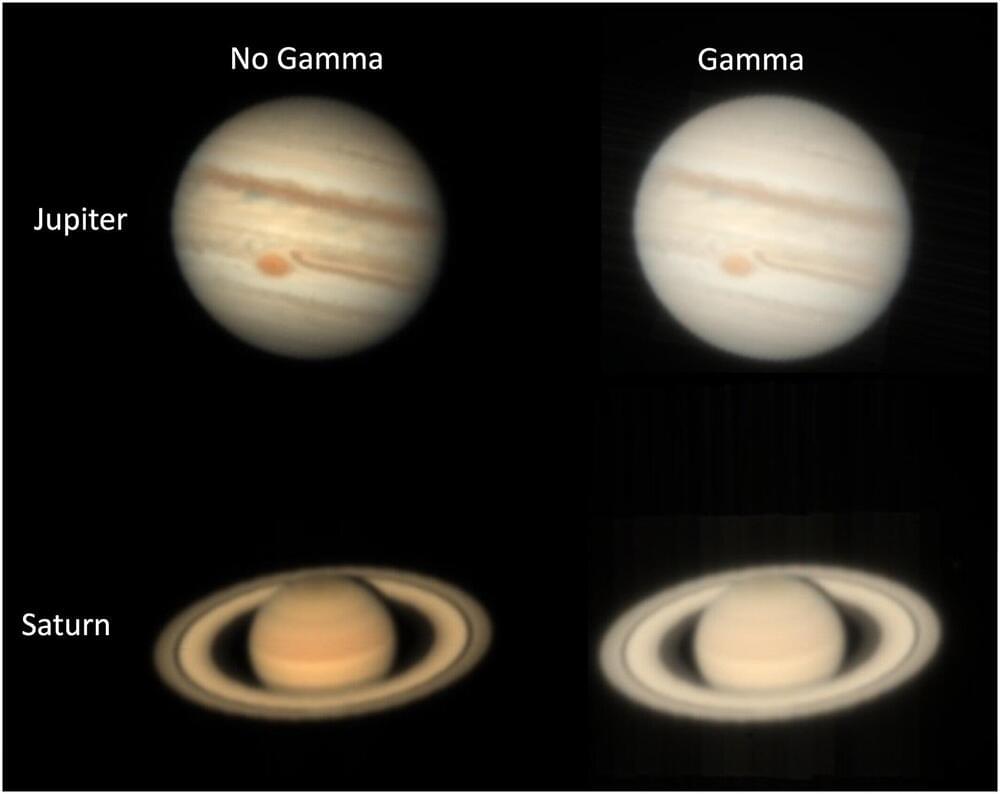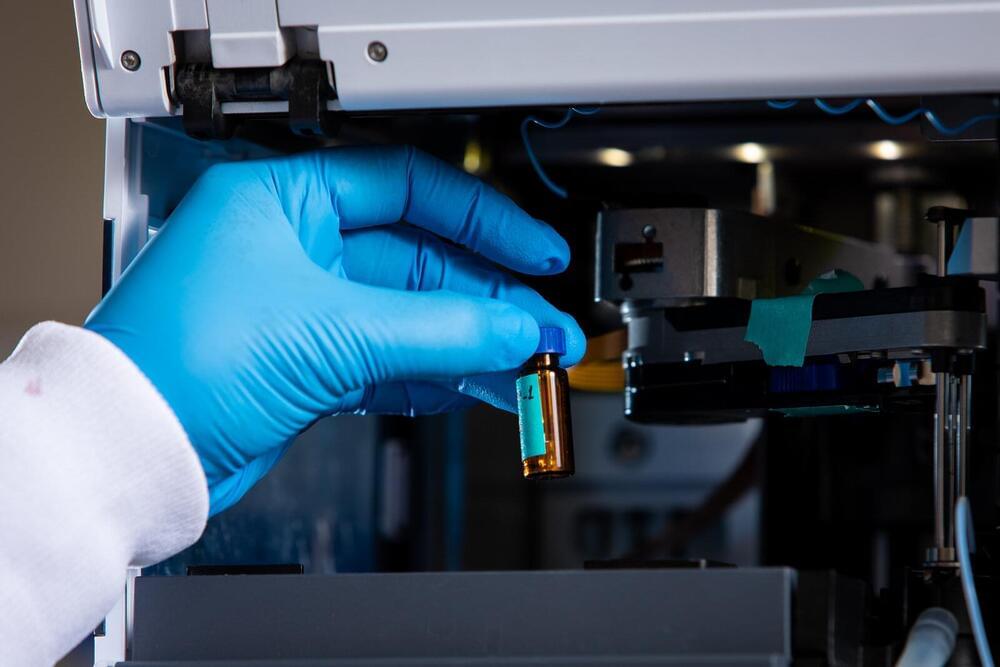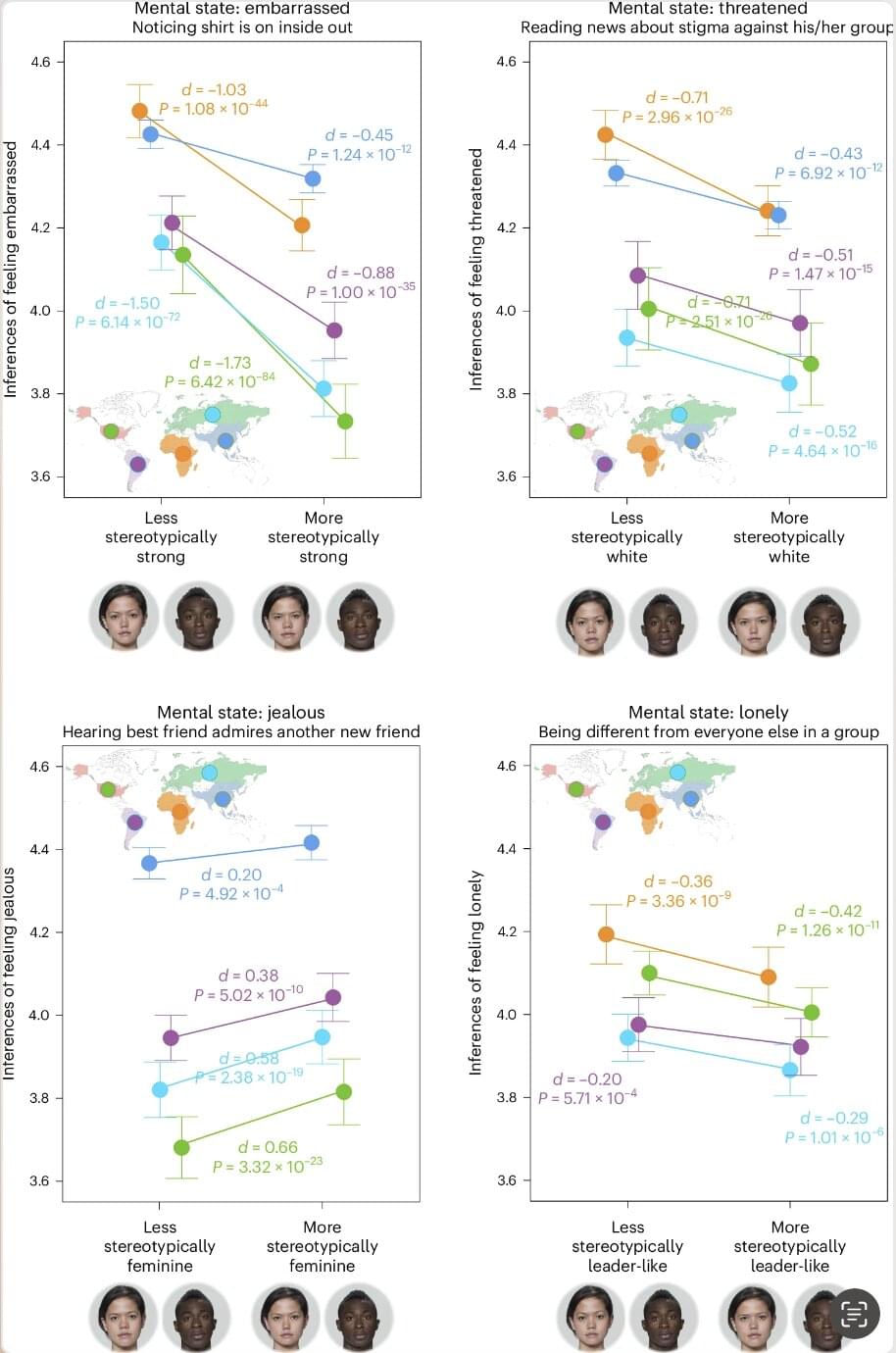
When we first meet another person, we typically form an initial impression of them based on their facial features and appearance. These first impressions of others could potentially influence our subsequent cognitive processes, such as what mental states we believe that the people we meet are experiencing at a given time.
Researchers at the University of California San Diego (UCSD), the California Institute of Technology and Dartmouth College carried out a study investigating the potential relationship between first impressions of faces and the inference of mental states. Their findings, published in Nature Human Behavior, suggest that first impressions of faces influence the inference of other people’s mental states.
“Over the years there have been a lot of surprising findings showing how first impressions from faces can predict important outcomes, such as which candidates would win an election, which politicians would be convicted of corruption, and which offenders would be sentenced to death,” Chujun Lin, first author of the paper, told Medical Xpress.

